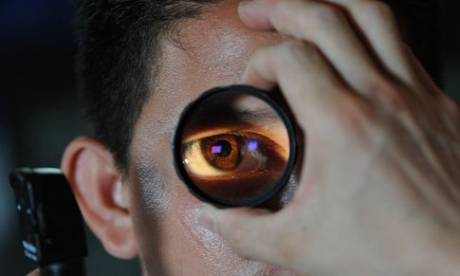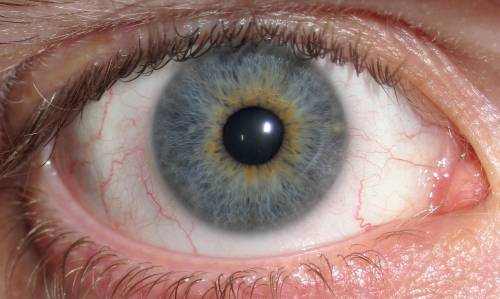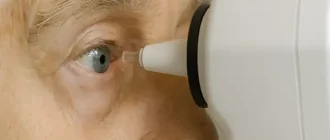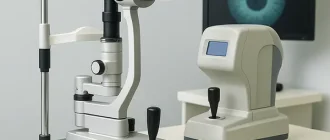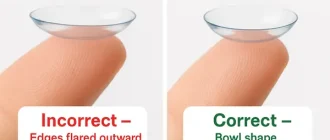It is not unusual to occasionally observe tiny specks or spots floating in front of your eyes, known as eye floaters. However, if you begin to see black eye floaters regularly, it might be beneficial to consult a medical professional to ensure your vision is healthy.
Typically, individual occurrences of floaters are not concerning and mainly cause annoyance. However, if black floaters persist or become more pronounced, they might indicate an underlying eye problem that needs additional assessment.
There are a few reasons why one might experience black eye floaters on a daily basis:
- Age-related changes: As you age, the vitreous gel in your eye can become more liquid and form clumps or fibers. These clumps cast shadows on the retina, resulting in the perception of floaters.Example: John, a 60-year-old man, has noticed black floaters in his vision every day for the past month. He schedules an appointment with an ophthalmologist who diagnoses him with age-related vitreous detachment, a common occurrence as people get older.
- Posterior Vitreous Detachment (PVD): PVD is a condition where the vitreous gel separates from the retina, causing floaters as a side effect. While it is typically a natural part of aging and harmless, it’s important to have it checked by an eye care professional to rule out any complications.Example: Sarah, a 45-year-old woman, starts seeing multiple black floaters in her vision every day after experiencing a sudden increase in eye floaters. She visits an optometrist who performs a thorough eye examination and confirms that it is a result of PVD with no signs of retinal detachment.
- Retinal tear or detachment: Occasionally, persistent black floaters coupled with other symptoms like flashes of light or a curtain-like shadow in your vision may indicate a retinal tear or detachment. This is considered an emergency, and immediate medical attention is crucial to prevent permanent vision loss.Example: Michael, a 35-year-old man, suddenly experiences a large number of black floaters accompanied by flashes of light and a shadow in the corner of his vision. Worried, he rushes to the nearest eye clinic where an ophthalmologist diagnoses him with a retinal tear. He undergoes laser photocoagulation to prevent further complications.
While occasional black eye floaters are normal, experiencing them every day might be a cause for concern. It is recommended to consult an eye care professional who can examine your eye health and provide appropriate guidance and treatment if necessary.
